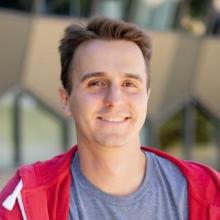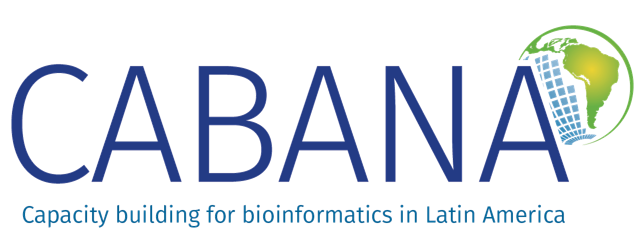
Agustin Pardo
PhD studentAgustin Pardo did his Master’s degree in Biological Sciences at Facultad de Ciencias Exactas y Naturales, Universidad de Buenos Aires. During his Master’s degree, he applied a multi-omics approach, which takes into account structural, metabolic and genomic information with the aim of predicting new molecular targets of the human pathogens. Currently, he is undertaking his PhD at the Facultad de Ciencias Exactas y Naturales, in the department of Biology Chemistry.
Project summary
/*-->*/
As a CABANA secondee, Agustin worked in the Reactome group at EMBL-EBI. In the Reactome database there are few metabolic human-Mycobacterium tuberculosis interaction pathways. Agustin’s project aimed to expand and update those Reactome pathways.
Project outcomes and impact
The time in Reactome has given me experience in database curation to face new curation processes based on different approaches. The main result was a redesign and expanding of the infection pathways of the human host with Mycobacterium tuberculosis and the infection with Enterobacterias, acquiring a better understanding of the infection process that is going to be useful in my next years working with these organisms. I hope that this work, to be contained in the next Reactome database release, could be useful as a source to the community that works on such human infections.
As another outcome of the secondment, a Human/Pathogen pathways curation hackathon was proposed and could take place as part of a CABANA Workshop "Exploring Biological Networks and its Application in Health and Disease" with the aim of increasing the knowledge of infections human diseases based on the common perspectives of experts of the pathogen community researchers of Latin America. We hope that the hackathon strengthen the bioinformatics networks in Latin America connecting and creating links between researchers of a research topic.
